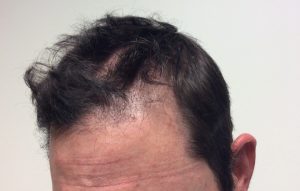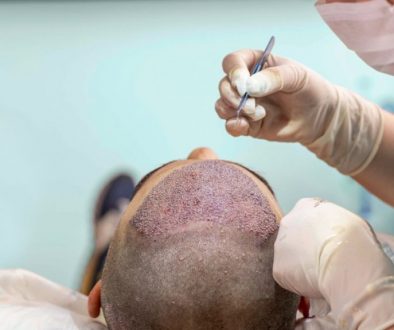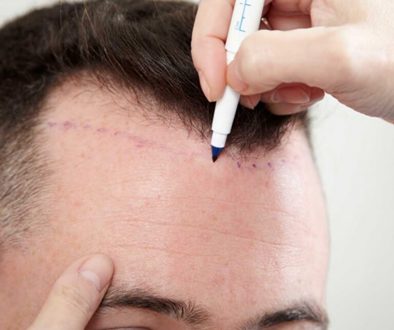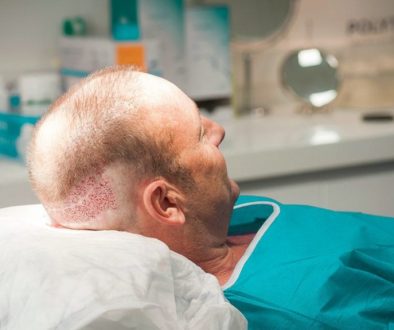Does Getting A Hair Transplant With Thinning Hair Cause Shock Loss?
I am researching hair transplants, but I have recently heard that transplanting hair in someone who has diffused hair loss can cause shock loss and make the person appear balder. Is this true?
Sadly, telogen effluvium or shock loss can occur after hair transplant surgery because of the trauma caused to the scalp from surgery. Shock loss is a short-term hair loss that can occur for various reasons such as stress, trauma or a surgical procedure. Shock loss is a constant shedding of the hair for an extended period of time usually lasting three to six months.
When hairs are implanted by weak miniaturized native hairs, the hair transplantation can cause shock loss. There are three phases to a hair follicles life cycle, the anagen (growth) phase, catagen (transitional) phase and the telogen (resting) phase. When a massive amount of hair follicles enter the telogen (resting) phase all at once, the process is referred to as shock loss.
There isn’t anything a person can do or take to prevent shock loss completely, but there are some treatments that can strengthen the hair and speed up the recovery of shock loss. The first treatment a person can take to strengthen their hair is Propecia (finasteride). Propecia (finasteride) strengthens the hair by reducing the amount of DHT that can attach to the hair follicle. Rogaine (minoxidil) stimulates hair growth and prolongs the growth phase.
Shock loss generally resolves on its own after three to six months, but can be permanent if the hair follicles are weak. This is why stabilizing genetic hair loss is important. Hair transplant surgery does not stop or treat genetic hair loss, it simply moves hair from one location to another. If the cause of the hair loss isn’t treated, the hair loss will continue to progress and spread. The progression of hair loss can leave individuals feeling unsatisfied with their hair transplant procedures, because hair loss can progress rapidly and without warning.
Written and published by,
Melvin- Editorial Assistant and Forum Co-Moderator for the Hair Transplant Network and The Coalition of Independent Hair Restoration Physicians




